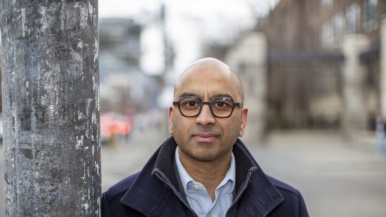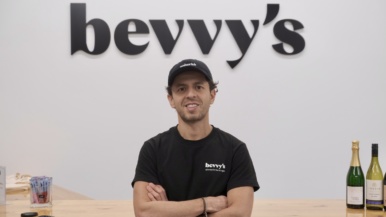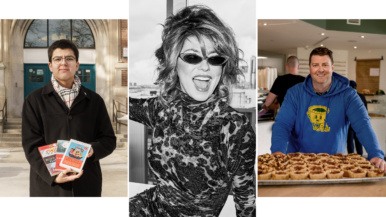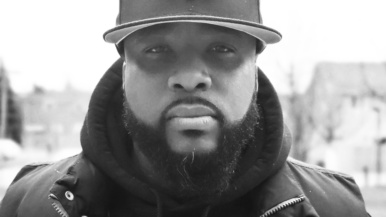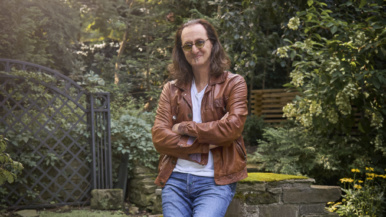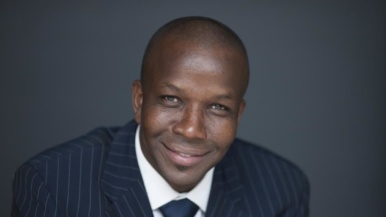Q&A: How SickKids’ new AI expert is revolutionizing medicine
Anna Goldenberg wants to teach computers to catch heart attacks before they happen

You’re the new chair of biomedical informatics and artificial intelligence at SickKids. How would you explain what that means to a six-year-old?
I build mathematical tools that can make sense of the huge amounts of data we collect from patients. If we can understand the connection between symptoms and outcomes, we might be able to predict the onset of diseases. Machine learning can take into account factors like genetics, environment and health records to determine the best treatment for each patient.
Can’t humans do that already?
Not at the same scale. We’re programming computers to process billions of data points. The more data you give to a human, the more complicated things get; with machines, it’s the opposite.
So you spend most of your time in front of a computer, not with patients?
My days, my nights. I’m a computer scientist, not a physician.
What’s something AI could help you achieve in the short term? Feel free to blow my mind.
Detecting cardiac arrest five minutes before it occurs by spotting unusual signals in physiological data, like a patient’s heart rate. That’s what I’m working on right now. I’m excited about wearable technology like Fitbit and the potential enhancements if data collected is integrated into clinical practice. There’s also a lot of promising work around intervention potential: we will soon be able to figure out if someone is likely to get cancer.
Meaning we could detect cancer before it exists?
Well, something has to exist for the algorithm to detect it. It’s not magic. But the idea is to address the problem before it gets really bad.
Do you see any risks to the storing and sharing of medical data?
So much data already exists online, and if someone really wants it, they’re going to be able to get it. By not sharing the data at all, health care doesn’t improve. In other words, the many benefits strongly outweigh the concerns.
I take it you’re not worried that Alexa is spying on you?
Google Home, and no—I don’t care.
AI is relatively new. How did you get into it in the first place?
I grew up in a family of scientists. My mother is a computer scientist, my father is a physicist and my grandmother was a chemical engineer. Education was huge. I remember when we got computers at my high school and I learned programming. That was exciting.
You never rebelled by pursuing, say, poetry?
Not really. Though when I see someone doing something artistic, like singing in a musical, I think, I wish I could do that. My parents let me pursue whatever I wanted—maybe that was a clever ploy by my mom. From the start, I was interested in finding patterns in data.
You came to the U.S. as a Jewish refugee from Russia. What do you remember about your life before you left?
Growing up, I didn’t even realize that I was Jewish until people teased me about it. I remember at my school someone had painted “Jews get out of our city” on the wall. Another time I was at the beach and someone said to me, “I’ve never seen a live Jew before.” But we were able to get great educations, and we came to the U.S. with a lot of skills. My mother got a job one month after we got there.
After completing a Ph.D. at Carnegie Mellon and a post-doctoral fellowship at the University of Pennsylvania, you moved to Canada in 2008, around the same time Toronto started to become known as an AI hub. Coincidence?
Toronto has been strong in AI for some time, thanks in large part to pioneering AI researcher Geoffrey Hinton, who has been here a long while. And we have many outstanding faculty at U of T, where I’m an associate professor. That critical mass attracts very talented people. That’s one of the reasons that the Vector Institute, where I’m an associate research director, made sense here.
I like to picture all the AI experts hanging out together on weekends…
Not true, I’m afraid. Mostly I hang out with my husband and kids. This weekend we may all go tobogganing. That’s been a dream for a while. First there was no snow and then, suddenly, there was too much.
This interview has been edited for length and clarity.
